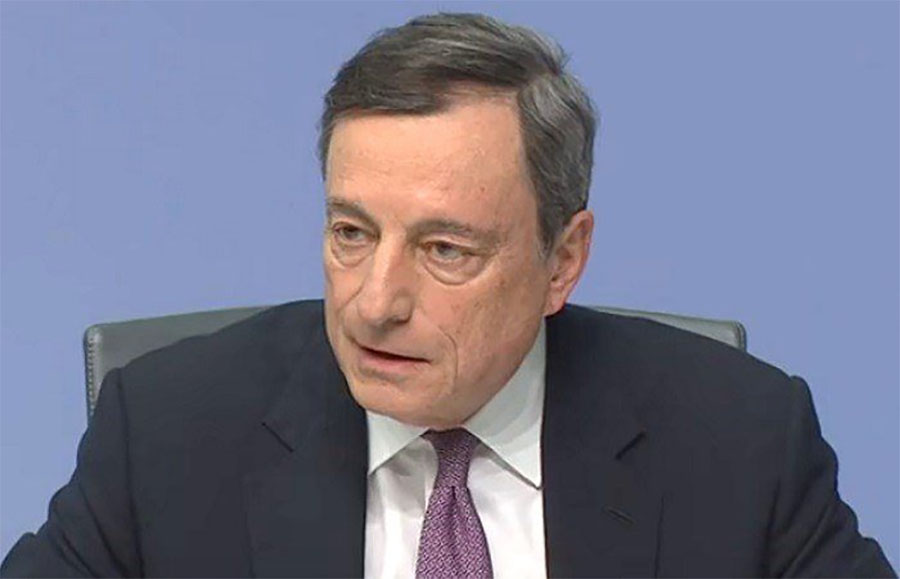Photo Credit: Getty Images
The European Union needs sweeping reforms and massive investment to remain competitive globally, according to a highly anticipated report by former European Central Bank chief Mario Draghi. The 400-page study, commissioned by the European Commission, paints a stark picture of the bloc's economic challenges and calls for urgent action.
Draghi warns that without major changes, the EU faces a "slow agony" of declining growth and relevance on the world stage. "The situation at the moment is really worrisome," he stated at a Brussels press conference. "Growth has been slowing down for a long time in Europe, but we've ignored it... Now we cannot ignore it any longer."
The report identifies several key factors undermining EU competitiveness, including the loss of cheap Russian energy, rising defense costs, an aging population, and increasing global trade protectionism. To address these issues, Draghi calls for a more coordinated EU industrial policy, faster decision-making, and annual investments of 750-800 billion euros - up to 5% of GDP.
This investment figure dwarfs even the post-World War II Marshall Plan, which amounted to just 1-2% of EU GDP. Draghi argues such dramatic spending is necessary to fund the green transition, digitalization, and improved defense capabilities. However, the proposal faces resistance from fiscally conservative member states like Germany.
Beyond funding, the report recommends streamlining EU regulations to foster innovation, particularly in emerging technologies where scale is critical for global competitiveness. It also suggests reforming antitrust rules to allow more consolidation of European firms.
Draghi emphasizes the need to reduce the bloc's strategic dependencies, especially on China for critical minerals. He advocates developing a "foreign economic policy" to secure vital supply chains through trade agreements, stockpiling, and industrial partnerships.
While praising the potential of the EU's 440 million-strong single market, the report calls for further integration to reduce trade barriers between member states. It also proposes transitioning the European Securities and Markets Authority into a powerful, SEC-like regulator to boost capital markets.
To overcome political gridlock, Draghi suggests expanding the use of qualified majority voting rather than requiring unanimity on key decisions. As a last resort, he proposes allowing "coalitions of the willing" among member states to move forward on some initiatives.
The report's ambitious scope has drawn skepticism from some analysts, who doubt the EU's ability to implement such far-reaching reforms given current political fragmentation. However, supporters argue that bold action is necessary to reverse Europe's declining competitiveness versus the US and China.
As the European Commission prepares to appoint new leadership, Draghi's recommendations are set to spark intense debate over the bloc's economic future. Whether EU leaders can overcome national differences to pursue a more unified industrial strategy remains to be seen.


